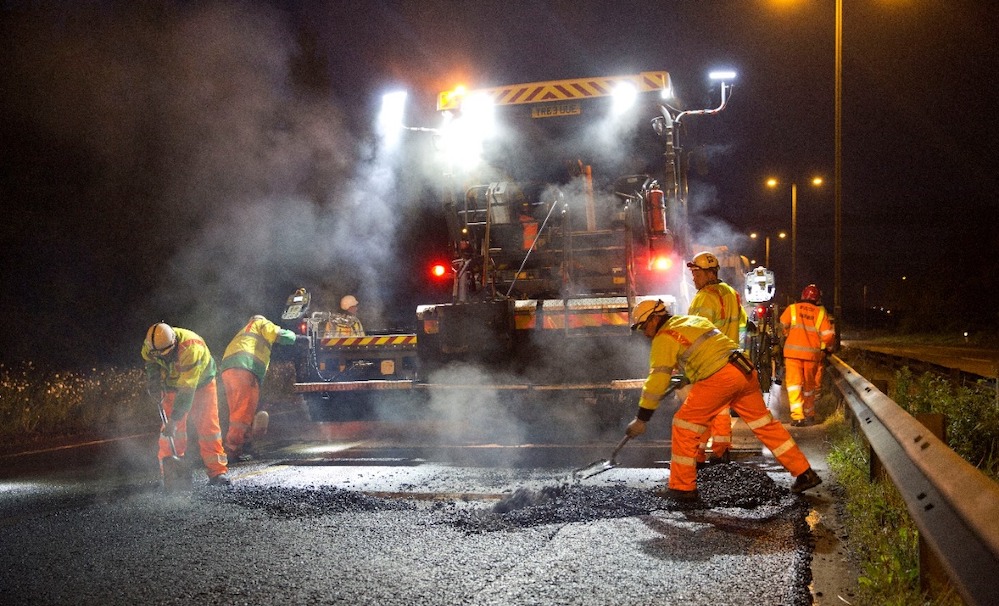A major new report released today (24 January) suggests that the Government should reform the HGV road user levy, ensuring that taxes raised by the scheme shift to a flexible “per-distance” cost which also takes into account a vehicle’s journey (motorways or country lanes), its size, CO2emissions, congestion on the network, as well as its ownership (whether an independent, SME or larger haulage business, and whether they are from the UK or abroad). Effectively this could become a pilot for introducing broader dynamic road user charging across the road network.
Funding Roads for the Future, released by the Association for Consultancy and Engineering(ACE) – the leading business association representing the interests of professional consultancies and engineering companies operating in the social and economic infrastructure sectors – suggests that current HGV road-user levy is ultimately flawed. Meanwhile broader changes brought on by new technology and social trends, such as zero-emission vehicles, ride sharing, and increased urbanisation, mean that existing funding arrangements for our road network are leading to a growing funding gap.
A truly flexible system could allow the Government to apply a scaled rate to haulage firms based on their size, for example an SME could pay comparatively less than a larger business. It could also be used to reduce the inherent advantages that foreign registered haulage firms have thanks to their lower fuel costs and would ensure that they contribute in equal measure to the upkeep of the road network.
Commenting on the report, Dr. Nelson Ogunshakin OBE Chief Executive of ACE, says: “The way our roads are being used is changing rendering existing funding arrangements obsolete. Reform has to begin with HGVs who have the most to gain from any improvements to our roads.
“Reform of HGV road user levy, fuel duty and vehicle excise duty is a great opportunity to test both the concept and delivery of a truly dynamic road-user charging system that will ultimately mean fairer funding for all. It is vital that the Government starts these conversations with the industry now.”
Some of the other recommendations of the report are to:
- Develop a new overall National Roads Strategy outlining a co-ordinated approach beyond the national network, including introducing a Local Roads Fund to amalgamate and ring-fence funding for local roads;
- Look at short-term reforms to widen the scope of Vehicle Excise Duty to include zero emission vehicles, therefore securing revenue for the National Roads Fund;
- Establish a Local Infrastructure Tariff allowing councils to develop a sustainable revenue stream for local road infrastructure investment;
- Increase private investment in England’s road network.
The report was created with the detailed input of ACE’s Road Sector Interest Group. Dave Beddell, Managing Director – Strategic Highways (Europe) at AECOM and Chair of the group says: “Such is the importance of the road network to our national economic and social wellbeing that we cannot allow the way in which we fund its future development and operation to become mis-aligned with emerging customer needs. Alongside the increased levels of spend we have seen allocated to parts of the network in recent years comes an equally exciting opportunity for industry to work alongside Government in order to create an investment framework that supports a modern and sustainable road network.”
The report can be downloaded from ACE’s website. Follow the discussion on twitter #FundingRoads.







